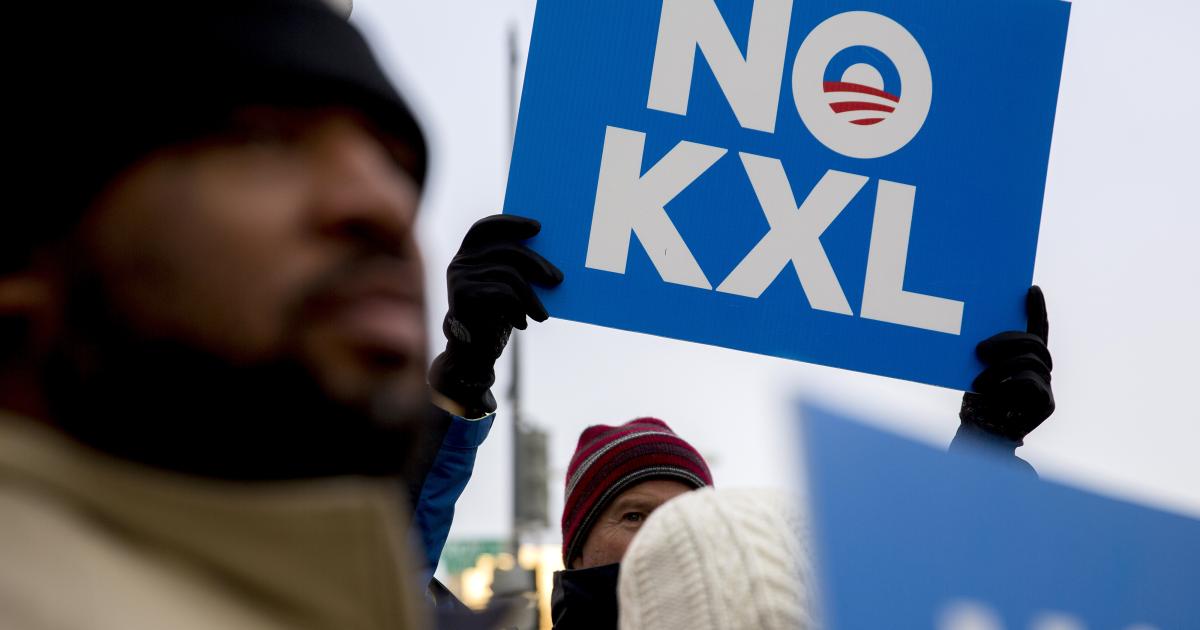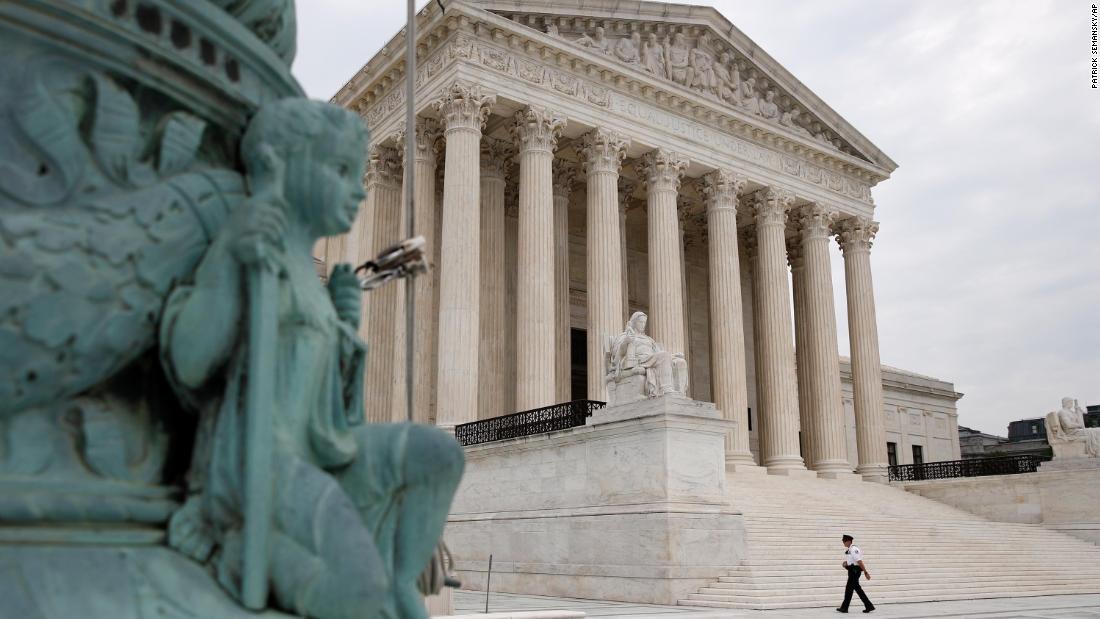Credence
DP Veteran
- Joined
- Sep 30, 2019
- Messages
- 17,856
- Reaction score
- 29,043
- Location
- Long Island NY
- Gender
- Female
- Political Leaning
- Independent
Gas prices started going up under the former guy in 2020 due to the pandemic and continued.As you can see above, gas prices have been going up steadily the entire Biden administration. What that tells me is Biden's policies have driven up the prices.
2021 2.420 2.587 2.898 2.948 3.076 3.157 3.231 3.255 3.272 3.384 3.491 3.406 2022 3.413 3.611
The jobs installing the pipeline are high paying pipe fitter jobs and engineering jobs and they are not useless to those that have them. There is no need to belittle them so. As far as the environment, it is the opposite. What hurts the environment more than a pipeline, is transporting the oil via tanker truck.
Gas prices are going up as America reopens
Updated 6:33pm June 14, 2020“It’s no surprise that gasoline prices have increased for the sixth straight week as gasoline demand has hit its highest level since early March as Americans are returning to the roads,” said Patrick DeHaan, head of petroleum analysis for GasBuddy, in a blog post June 8.
=======================
Gas prices vary based on a number of factors, including local competition, fuel demand, refineries, oil and gasoline inventories and transportation costs.
More increases are expected, DeHaan said in the blog post.
"While I don’t see oil’s strength holding too long given that oil demand remains 20-25% below a year ago, I believe the anxiety pushing oil prices up is coming from the fact that the economy may be recovering quicker than most anticipated," DeHaan said. "For now, motorists will likely continue to see gas prices rising for the weeks ahead.”
Gas prices are going up as America reopens, the national average is $2.10 a gallon
Why are gas prices going up? The national average gasoline price continues to rise after record low fuel costs during coronavirus stay-at-home orders.
www.usatoday.com



